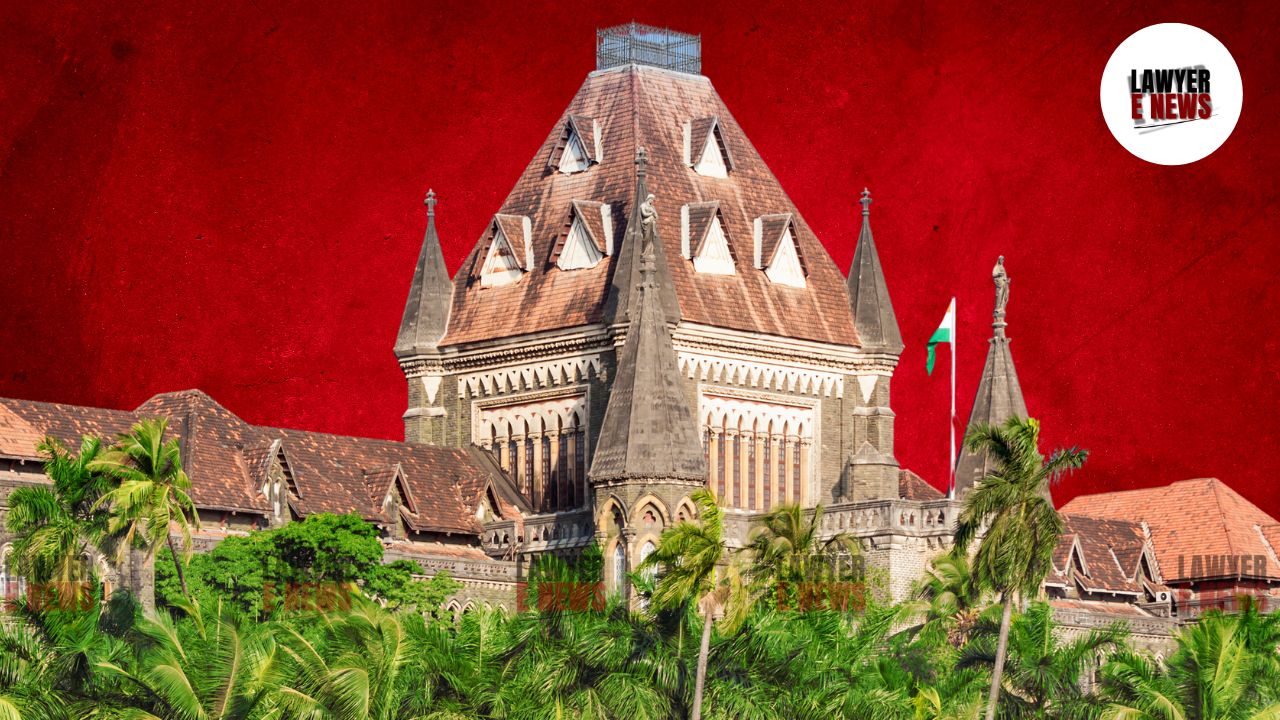-
by Admin
15 February 2026 5:35 AM



Bombay High Court dismissed an election petition challenged the election of Respondent No. 7 to the 28-Mumbai North-East Parliamentary Constituency on grounds of alleged violations under the Representation of the People Act, 1951 (the Act).
The Court held that the petitioner failed to comply with Section 82(a) of the Act by not impleading all contesting candidates, a mandatory requirement when seeking a declaration of his own election. Additionally, the Court ruled that the petition was barred by limitation under Section 81, as the attempt to implead other candidates occurred after the statutory 45-day period.
Central to the judgment was the petitioner’s failure to join the 18 other contesting candidates as respondents, as required under Section 82(a) of the Act. The petitioner sought a declaration of his own election in addition to challenging the election of Respondent No. 7. This dual relief necessitated the joinder of all contesting candidates to provide them an opportunity to contest the petitioner’s claims.
"The statutory scheme of the Act is clear. If a petitioner claims his own election, it is incumbent upon him to implead all contesting candidates as respondents. This is not a procedural formality but a substantive requirement to safeguard the rights of the other candidates under Section 97 of the Act."
Justice Marne emphasized the mandatory nature of Section 82(a): "The word 'shall' in Section 86(1) of the Act leaves no discretion to the Court. An Election Petition failing to comply with Section 82(a) must be dismissed."
The petitioner, upon realizing his omission, filed Application No. 27786 of 2024, seeking summons to be issued to the contesting candidates. However, the Court ruled that this application did not explicitly request their impleadment as respondents and was, therefore, defective. The Court further clarified that even if the application were construed as one for impleadment, it was filed beyond the statutory 45-day period, rendering it time-barred under Section 81.
Rejecting the petitioner’s plea, the Court held: "The fundamental defect of non-impleadment cannot be cured by belatedly filing an application. The statutory limitation under Section 81 is sacrosanct. The election process cannot be subjected to endless uncertainty through post-facto amendments."
The petitioner’s decision to include Respondents 1 to 6, comprising the Election Commission, the State of Maharashtra, and other officials, was also criticized. Citing B. Sundara Rami Reddy v. Election Commission of India, the Court reaffirmed that these entities are not necessary parties in an election petition. It stated:
"The Act is a self-contained code. The inclusion of improper parties cannot remedy the failure to implead those statutorily mandated under Section 82."
The Court unequivocally held that the petition, flawed at the time of filing, could not be rectified through amendments. Referring to Comrade Kallappa Laxman Malabade v. Prakash Kallappa Awade, the judgment reiterated:
"Permitting amendments to save a petition from dismissal under Section 86 would amount to defeating the mandatory provisions of the Act. The fundamental defect in the petitioner’s pleadings is irremediable."
Highlighting the binding nature of statutory requirements, the Court concluded:
"The failure to comply with Section 82(a) and the bar of limitation under Section 81 are fatal defects. The Court has no discretion to overlook these statutory mandates. The Election Petition must be dismissed as per Section 86(1) of the Act."
The Court also dismissed the petitioner’s reliance on Public Interest Foundation v. Union of India, noting its inapplicability to the procedural requirements of election petitions.
Mandatory Compliance with Section 82(a): Non-impleadment of contesting candidates when seeking a declaration of one’s own election renders the petition invalid.
Strict Adherence to Limitation Period: The 45-day limitation for filing election petitions under Section 81 cannot be extended through subsequent applications.
No Scope for Post-Filing Amendments: Fundamental defects at the time of filing cannot be cured through later amendments or applications.
Improper Parties Excluded: The inclusion of entities such as the Election Commission or State officials is improper and does not compensate for the failure to implead necessary parties.
Date of Decision: November 26, 2024
